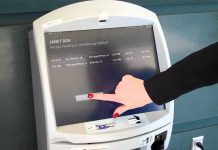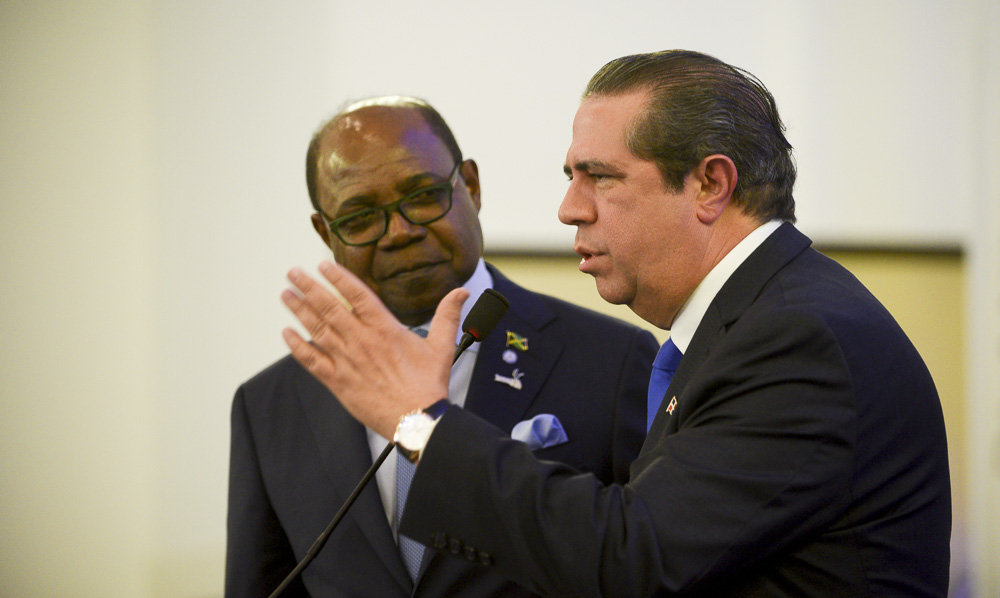This post may contain affiliate links. We may earn money or products from the highlighted keywords or companies or banners mentioned in this post.

Fifty percent of German business executives report higher stress levels on business trips – 20 percent more than in the previous year. 39 percent of managers also criticize badly scheduled travelling arrangements. Just as many executives dread orientation at their travel destination.
These are the results of a study called “Chefsache Business Travel 2015”, carried out by Travel Management Companies of the German Travel Association (DRV).
Managers however are not the only ones who experience stress on business trips. 45 percent of all business travelers experience aggravation and strained nerves on the road. About 50 percent of all business travelers who take several trips per month report an increased stress level.
A major cause of this stress are Smartphones. 44 percent of all participants are annoyed by having to be approachable at all times. Another large source of stress are long drives to appointments caused by accommodations with subpar locations (42 percent).
On top of stress caused by the lack of planning, there’s an array of situations which further encumber business travelers. Every third participant reports getting vexed up by empty Smartphone batteries – 35 percent of respondents admit that this is one of the main troubles on the road. 18 percent stated that the lack of funds in local currency is also an important cause of stress as well as the alarm/Smartphone ringing on the plane (17 percent).
For 17 percent of the German business travelers one of the major causes of stress are problems with orientation abroad due to language barriers and inability to read the signs. 16 percent also mentioned missing the designated train station as an important source of stress.
“Business travelers feel stressed out because their employers rarely provide them with the support they need. And yet, most of these sources of stress can be eliminated by professional travel management,” said Stefan Vorndran, chairman of the DRV’s Business Travel committee.
One of the examples is the choice of a hotel. Short distances to appointments reduce the risk of time pressure. However in most cases, prices are the most important factor when searching accommodation. It can get especially hectic when appointments, trains or flights become canceled. In such a case, travelers need quick solutions, ideally provided by previously researched alternatives to transportation or accommodation.










